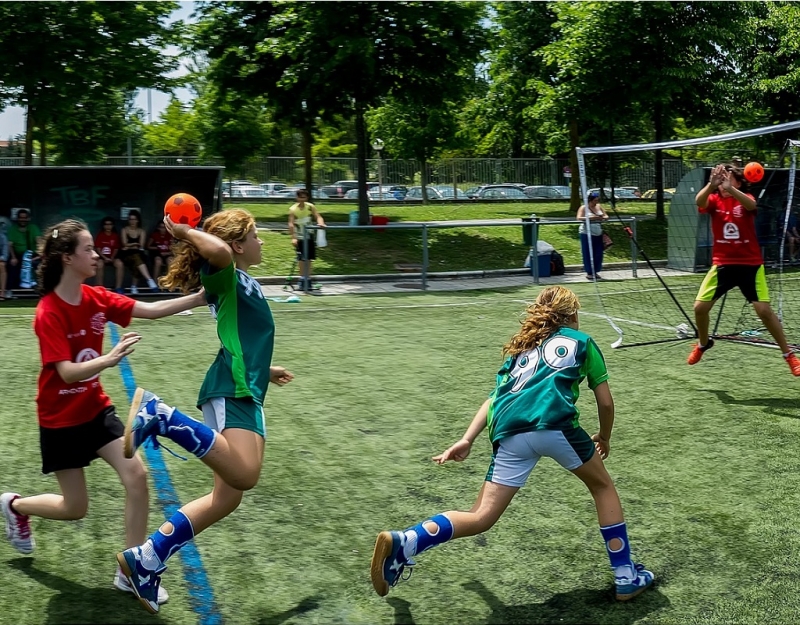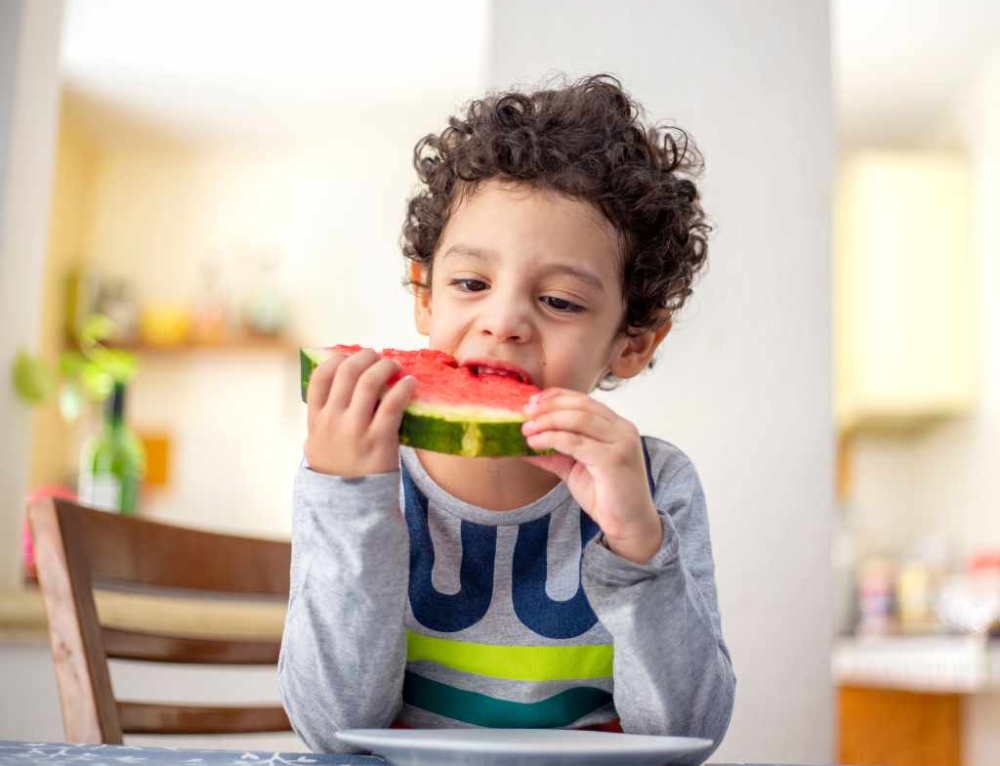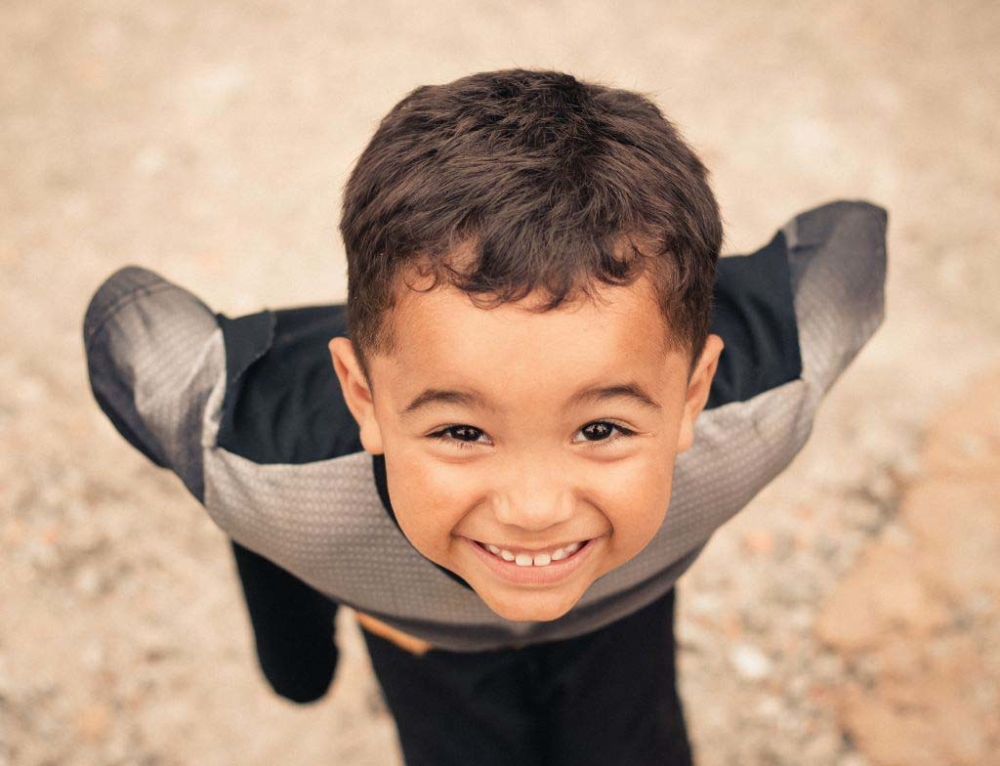Signing your child up for a team sport will do a lot more than get them moving – it can arm them with some valuable skills they’ll use both on and off the field.
Research is piling up hailing the many benefits kids will reap for joining a sporting team – from creating friendships to teaching responsibility and selfless behavior.
“Kids learn the importance of being part of a team,” says clinical psychologist Tim Dansie who has worked with different clubs and sports and is a former PE (physical education) teacher.
“Skills such as commitment to training, being on time, encouraging your team mates and winning or losing graciously are all part of being a good team person, and skills kids will need to call on throughout their lives.”
He says it can also lead to friendships outside their school group which can be very valuable for kids, while also teaching kids how to work towards a common goal.
The list of benefits is endless, he says, adding that team sports provide structure and routine and can give kids access to positive role models outside the immediate family, like coaches and managers.
What the research says about team sport
Studies back what Dansie says, showing that when kids become involved in team activities such as sport they can access benefits that last a lifetime beyond ensuring they get enough exercise.
A 2011 Canadian study found that playing sport can help children develop “citizenship” qualities that they’ll retain throughout their lives. The researchers said that kids who play sport are also more likely to show initiative and be able to call on internal sources of motivation.
Other studies have linked girls playing team sports with lower rates of teen pregnancy and an older age of engaging in sexual activity.
All those early mornings shivering on the sidelines can also have benefits for mums and dads. Research has found parents could well be building up their own self-esteem and confidence, as they become part of the “parent team”.
This US study into parents of sport-playing kids found that, while children are making friends and learning to work well in groups, their parents are practicing – and modelling – the same behaviours on the sidelines.
Researchers also found that spousal communication improved as mums and dads negotiated logistics for transporting their kids and attending practices and games, while relationships between parent and child became closer as the sport gave them something to talk about.
The role of parents
Dansie agrees that sport can create a bond between parents and their children.
“Kids sports allow parents to spend quality times with their children where lifetime memories will be made,” he says, adding that every parent has a great sporting memory from watching their kids.
“And those memories may become exaggerated over time but they will fuel many priceless family reminisces for years and years to come.”
He also says it’s up to parents to ensure that their kids know how to be good sports, learn to lose graciously, be supportive of teammates no matter what the score and show respect towards coaches, managers and referees.







Leave A Comment
You must be logged in to post a comment.